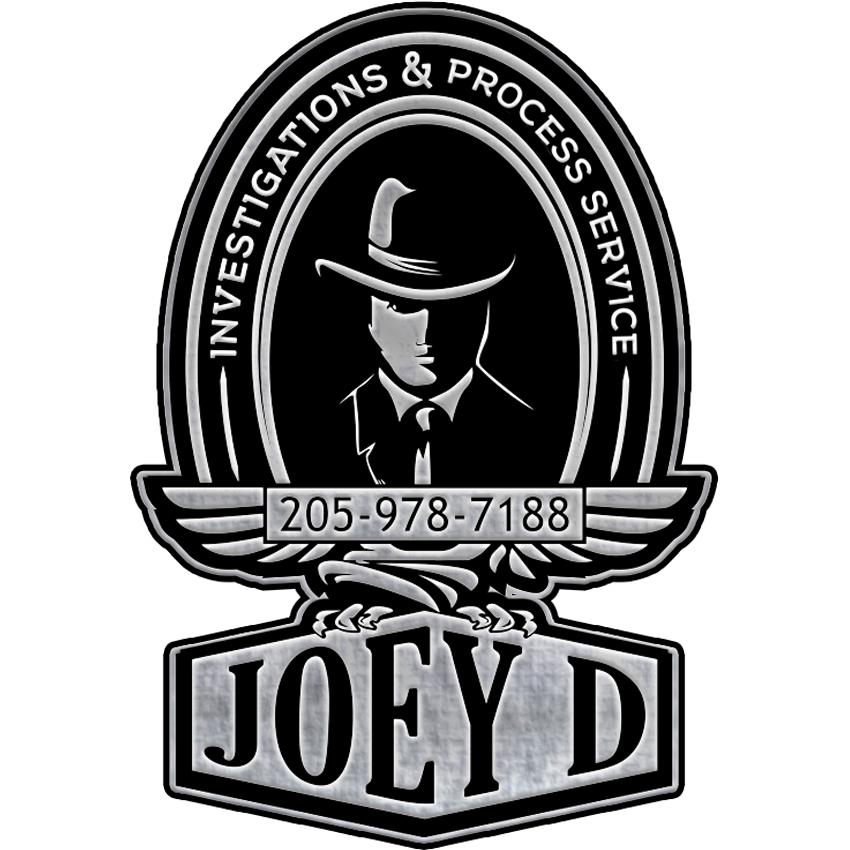The Art of Investigation

Understanding the Investigative Process
The investigative process is a systematic approach to gathering information and uncovering the truth. It involves various steps and techniques that help investigators piece together the puzzle and find answers to their questions.
One important aspect of the investigative process is information gathering. Investigators need to collect relevant data and evidence to support their findings. This can include documents, photographs, videos, and witness statements. Analyzing this information is crucial in identifying patterns, connections, and inconsistencies that may lead to new leads or insights.
Another key element of the investigative process is interviewing. Investigators often need to speak with witnesses, suspects, and other individuals involved in the case. Effective interviewing techniques, such as active listening and asking open-ended questions, can help extract valuable information and uncover hidden details.
To ensure a thorough and accurate investigation, it is important for investigators to follow a structured approach and adhere to ethical guidelines. This includes maintaining objectivity and avoiding biases, as well as documenting all findings and observations.
In summary, understanding the investigative process is essential for conducting successful investigations. By gathering and analyzing evidence, and employing effective interviewing techniques, investigators can uncover hidden information and uncover the truth.
Developing Investigative Skills
Developing investigative skills is crucial for any investigator. It involves honing various abilities that are essential for conducting effective investigations. Here are some key skills that investigators should focus on:
-
Critical thinking: Investigators need to be able to analyze information critically and draw logical conclusions. This skill helps them identify patterns, inconsistencies, and potential leads.
-
Attention to detail: Paying close attention to details is vital in investigations. Investigators must be meticulous in their examination of evidence, documents, and witness statements to uncover hidden information.
-
Communication: Effective communication is essential for investigators to gather information from witnesses, suspects, and other relevant parties. Investigators should be skilled in interviewing techniques, active listening, and report writing.
-
Research: Investigators need to be proficient in conducting research to gather relevant information. This includes using online databases, public records, and other sources to uncover facts and connections.
Developing these skills will enable investigators to navigate the complexities of investigations and uncover the truth.
Unveiling Hidden Information

Gathering and Analyzing Evidence
When it comes to gathering and analyzing evidence, there are several key steps to follow. First, it’s important to thoroughly document all evidence collected, including any physical items, photographs, or documents. This documentation should include detailed descriptions, dates, and locations.
Next, it’s crucial to maintain chain of custody for all evidence. This means ensuring that the evidence is properly secured, labeled, and stored to prevent tampering or contamination.
Once the evidence is collected and documented, it’s time to analyze it. This involves carefully examining the evidence to identify patterns, inconsistencies, or any other relevant information. Data analysis techniques can be used to uncover hidden connections or correlations.
In addition to analyzing the evidence, it’s important to verify its authenticity and reliability. This can be done through various methods, such as cross-referencing with other sources or consulting experts in the field.
Finally, it’s essential to maintain confidentiality throughout the process. This includes protecting the privacy of individuals involved and ensuring that sensitive information is handled appropriately.
Interviewing Techniques
When conducting interviews as part of an investigation, it is crucial to employ effective techniques to gather accurate and reliable information. Here are some key strategies to enhance your interviewing skills:
-
Active Listening: Pay close attention to the interviewee’s verbal and non-verbal cues, allowing you to gather more information and detect inconsistencies.
-
Open-ended Questions: Use open-ended questions to encourage the interviewee to provide detailed responses and expand on their thoughts and experiences.
-
Building Rapport: Establishing a rapport with the interviewee can help create a comfortable environment, making them more likely to share information willingly.
-
Probing and Clarifying: Ask follow-up questions to clarify any ambiguous or unclear statements, ensuring a thorough understanding of the information provided.
Remember, effective interviewing techniques are essential for uncovering valuable insights and uncovering the truth in any investigation.
Welcome to the article section of Joey D Investigations, where we specialize in unveiling hidden information. Our team at Alabama’s #1 Process Service and Investigative Company is dedicated to uncovering the truth with precision and discretion. Whether you need assistance with background checks, surveillance, or locating missing persons, we have the expertise to handle your investigative needs. Visit our website to learn more about our services and how we can help you unveil the hidden truths in your life.


